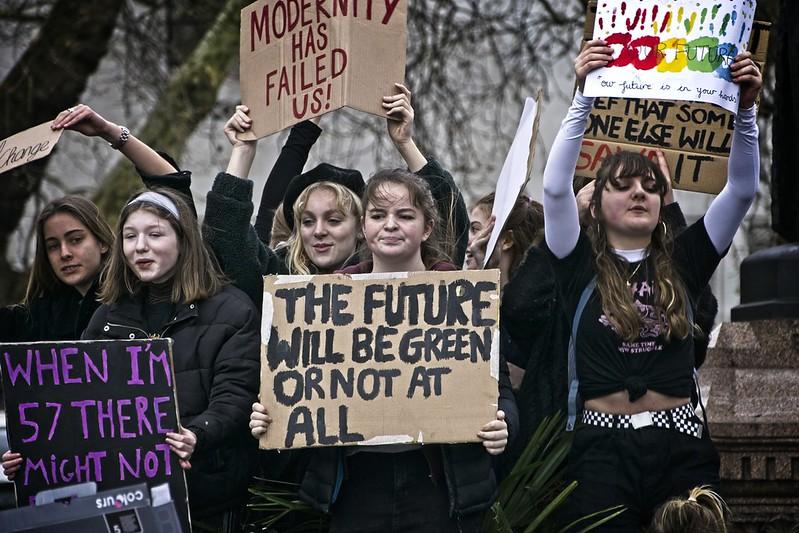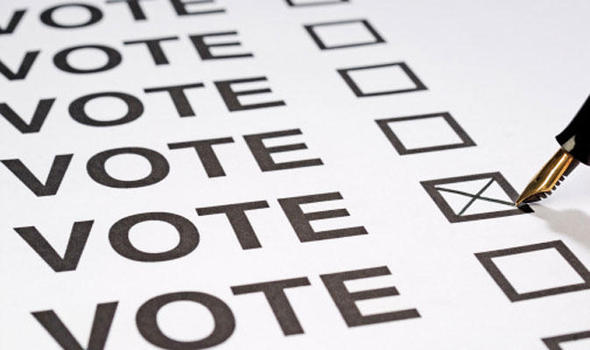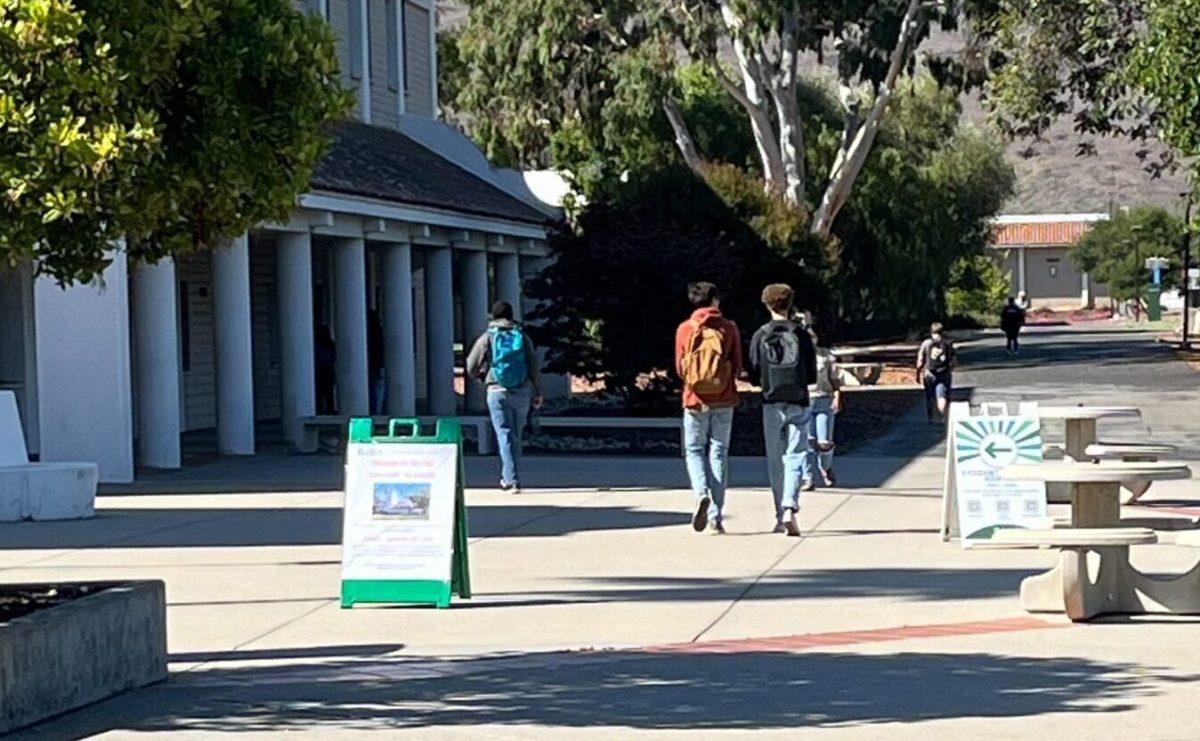With the 2024 presidential elections looming, your right to vote has never been more vital.
Gen Z is expected to come out by the millions to vote on pivotal issues like abortion, gun control and LGBTQ rights. Gen Z can be defined as a category of age groups born between 1997 to 2012. These relatively young voters, many of whom are college students, utilize social media platforms to communicate and advocate for causes they believe in.
“Gen Z might be the MAGA movement’s undoing,” wrote Washington Post columnist Jennifer Rubin as the headline of a recent op-ed piece.
Gen Z, racially and ethnically the most diverse generation in U.S. history, identifies much more so with progressive issues and is significantly less likely to lend support to Donald Trump’s presidential campaign. According to a PRRI survey, just 21% of Gen Z surveyed said they identified with Trump’s Republican Party (compared to approximately 36% identifying as Democrat; 30% identify as independent).
From this opinion editor’s perspective, Gen Z is a generation that preponderantly stands for progress, inclusivity and diversity. Unfortunately, these are the same values that Donald Trump often seeks to undermine.
Gen Z’s engagement extends beyond social media, with active participation in rallies and a strong commitment to environmental sustainability, racial justice and the preservation of democracy.
These Gen Z voters are a diverse group, with research from the non-partisan Center for Information & Research on Civic Learning and Engagement revealing nearly half being students of color. Latinos make up 8.8 million of this demographic’s voters, while 5.7 million are Black. Asians account for 1.7 million, and 1.8 million identify as multiracial.
Why are all these numbers important? With these figures, it’s very possible Gen Z could have a significant impact on the election outcome of an entire state. With the presidential race coming up quickly, Gen Z voters have been turning out in droves to make sure their voices are heard. They understand the concept of, “Every vote counts.”
I recently attended a lecture at the College of the Sequoias, where Civil Rights Activist Dolores Huerta was a guest speaker. Huerta is perhaps best known for her work alongside Cesar Chavez, and their great efforts in fighting for employee rights with the United Farm Workers Association. Huerta was featured as part of the school’s Civic Engagement Speaker Series for this month.
Huerta has since left the UFW and started her own foundation, the Dolores Huerta Foundation. The foundation helps communities by advocating for social injustices. In her lecture, she was asked why it’s important to reach as many young voters as she can.
“Because one day, the youth will be running our country,” Huerta answered.
The organization is currently working on an Equal Rights Amendment, where they are hoping to add as a 28th U.S. Constitutional Amendment. This amendment would add the word “women” to the original phrase, “…that all men are created equal.”
By adding this one word, she is hoping it will be enough to secure women’s rights.
“No man should be able to tell a woman what to do with her body,” Huerta said.
I couldn’t agree with her more.
I asked some Gen Z classmates what they consider important to them for the upcoming elections, what they’re looking for in a presidential candidate, and if they using social media for disseminating political content.
Javier, a science major at College of the Sequoias, said representation is important. He said laws like the recently passed House Bill 1105 in Georgia, where police officers could potentially stop anyone fitting the “illegal” profile, are forms of racial profiling.
“I do not agree with these types of laws because Americans come in all colors,” Javier said, adding this sort of legislation would open the door to lawsuits.
Racial profiling has been the subject of criticism for much of U.S. history. In California alone, approximately 400,000 American citizens and legal residents were forcibly relocated to Mexico because of their Mexican ancestry.
The Mexican Repatriation Act is the common name given to the repatriation, deportation, and expulsion of Mexicans and Mexican Americans from the United States during the Great Depression between 1929 and 1939. It was an ugly part of our country’s history and prompted California’s legislature to later issue a state apology.
No matter who Gen Z votes for, they seem to favor the candidate with the most compassion for the country. They gauge representation by how authentic they feel.
I personally want someone who will treat the country like their own home; with protection and care. We can affirm our desires by showing that same compassion to our peers, no matter their political affiliation. In the midst of it all, vote for the person who will represent all of America.
The views expressed in this column represent those of our opinion editor, and not necessarily the staff of The Cuestonian. If you wish to express a differing perspective, we accept Letters to the Editor. Email [email protected] and we check our Instagram account regularly if you with to message us there: @cuestonian





















